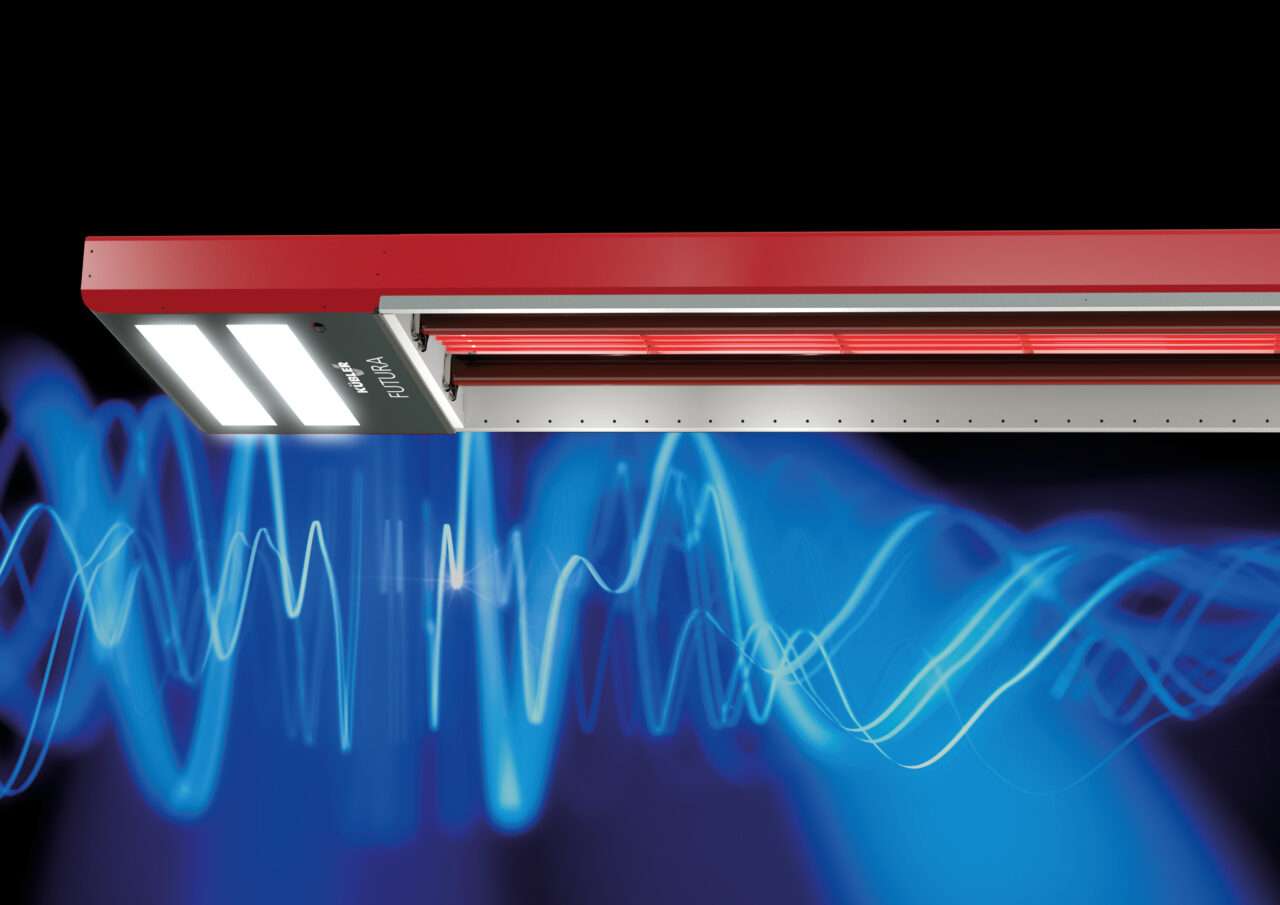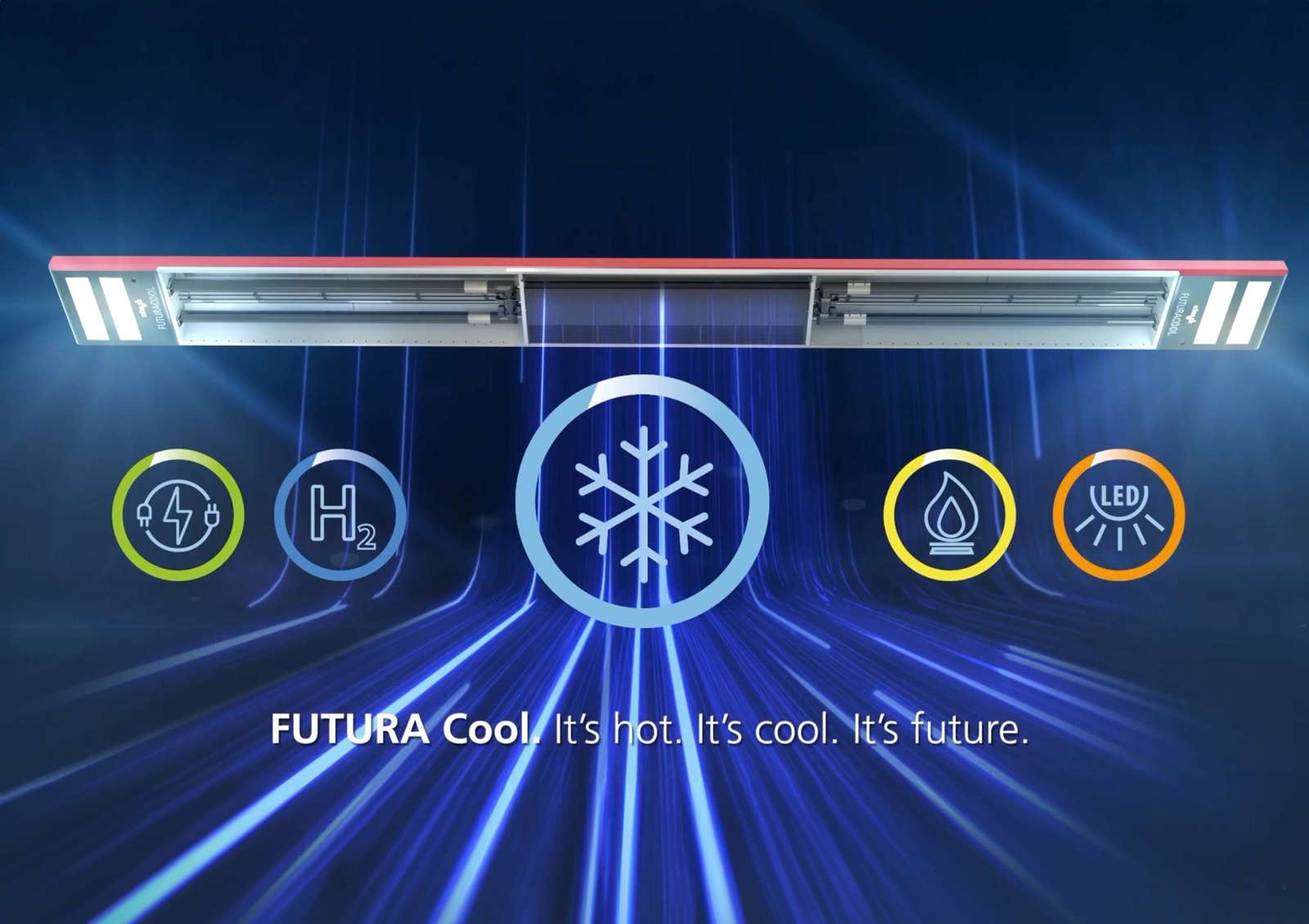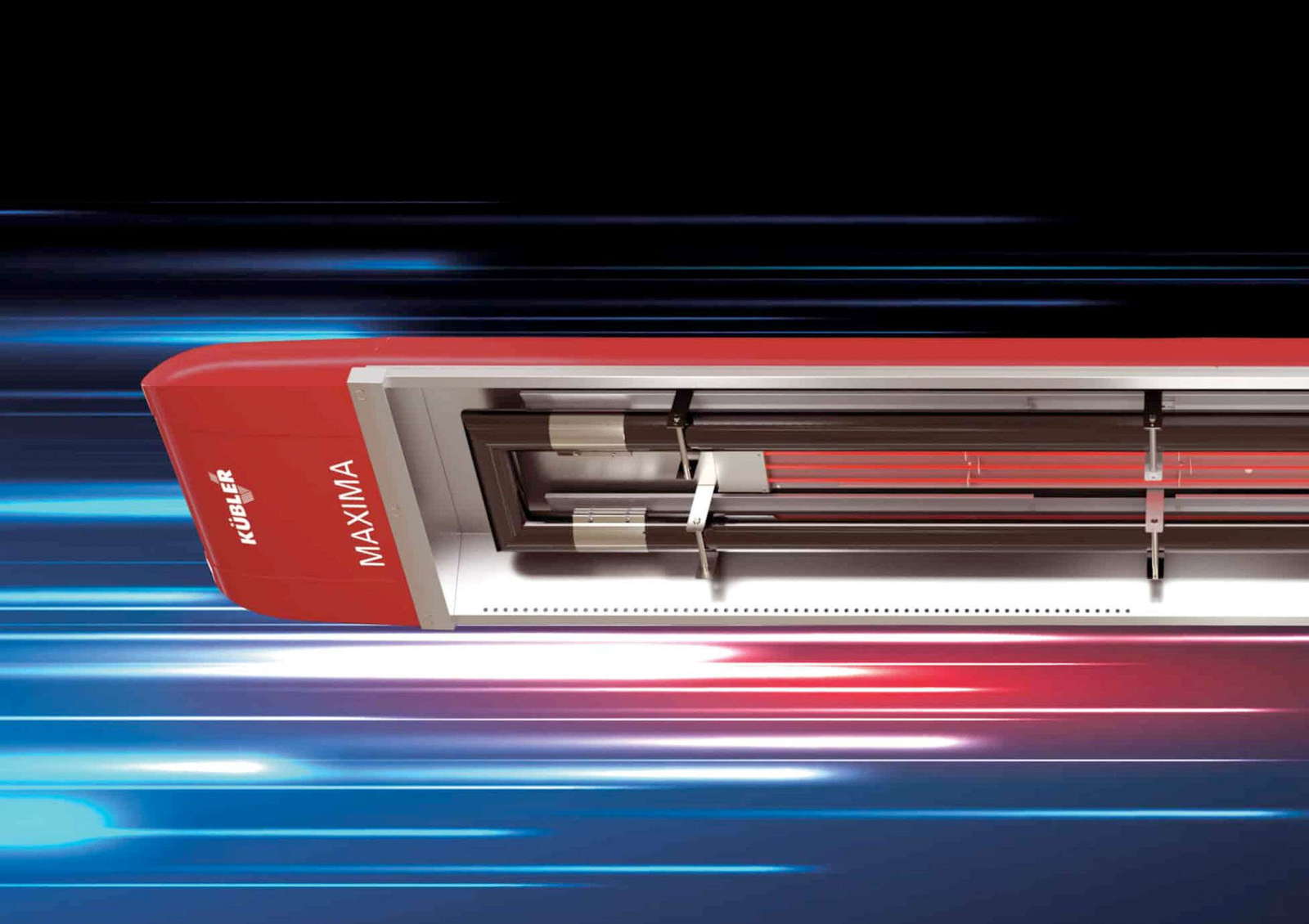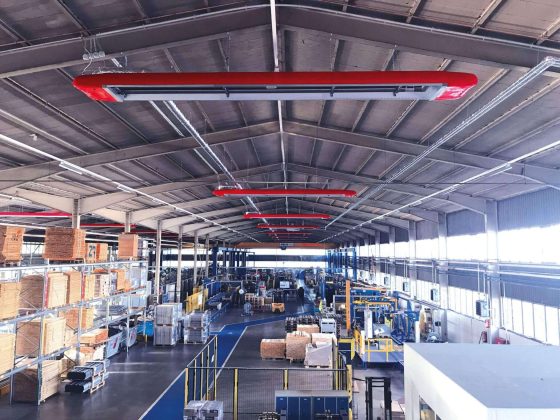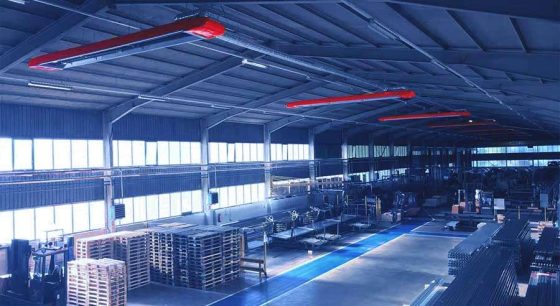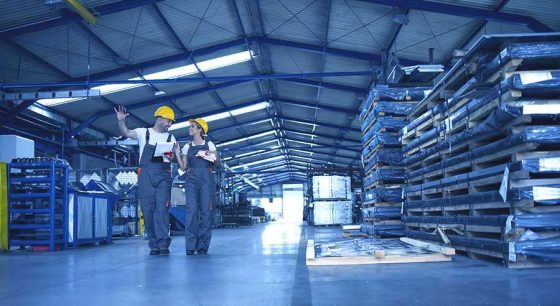Heating in corona times
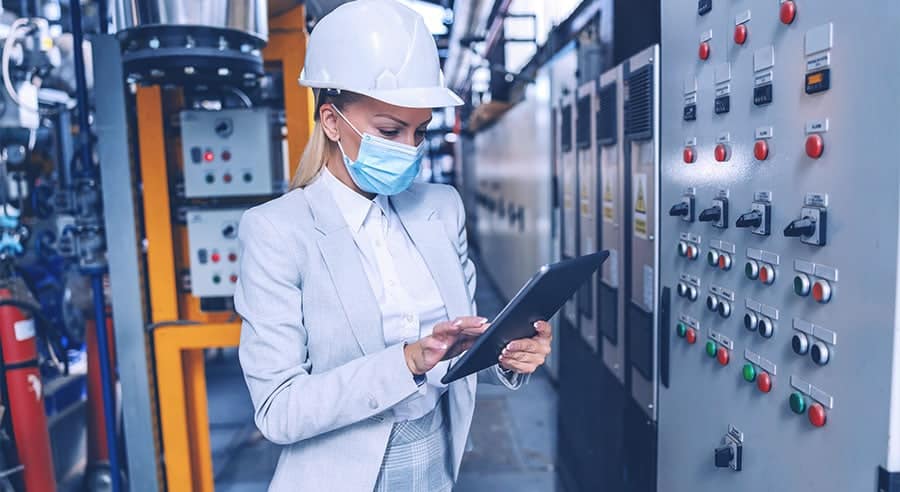
This is a question that concerns industry and local authorities. But operators of exhibition, event and sports halls also need answers. A tried and tested and very simple principle plays an important role here: infrared. This heat radiation is evenly distributed to the areas of the room used via ceiling heating systems without generating air movement. And they can be connected to an external fresh air supply system if regular ventilation is not possible.
Incidentally, these infrared heaters also reduce energy costs and lower CO2-emissions. Often to half of the previous values. At a large textile machinery company in Mönchengladbach, for example, this was over 65 percent. In buildings with large volumes of space, such as halls, this also has a knock-on effect in terms of CO2-The price is favorable.
Would you like to find out more about these heating solutions? No problem! You can reach the hall heating specialists at KÜBLER under Contact.
By the way: we will reveal the next hot tip on the subject of ENERGY EFFICIENCY & HALL BUILDINGS in a week's time.
-
The search for suitable optimization potential in energy-related processes in industrial and commercial companies is not always easy for energy management. Especially as measures in efficiency technologies and renewable energies cost money and the budget is often lacking. Many - ecologically and economically important - measures then fall by the wayside. But does that have to be the case?
-
A new heating system for your company's hall is a decision that needs to be carefully considered. Read this article to find out which facts speak in favor of an infrared radiant heater!
-
The decision on the Heating Act (Building Energy Act - GEG) has been made, but the questions remain. But there is no need to worry: the legislator has provided for generous transition periods, technological openness and pragmatic, affordable regulations for the gradual move towards climate-neutral heating by 2045. Dr. Jens Findeisen explains what you need to know now when heating commercial and industrial buildings
-
Ambitious climate protection targets and new building energy regulations pose challenges for companies. Especially when modernizing heating systems in hall buildings, you should rely on future technologies in order to meet the strict requirements.
